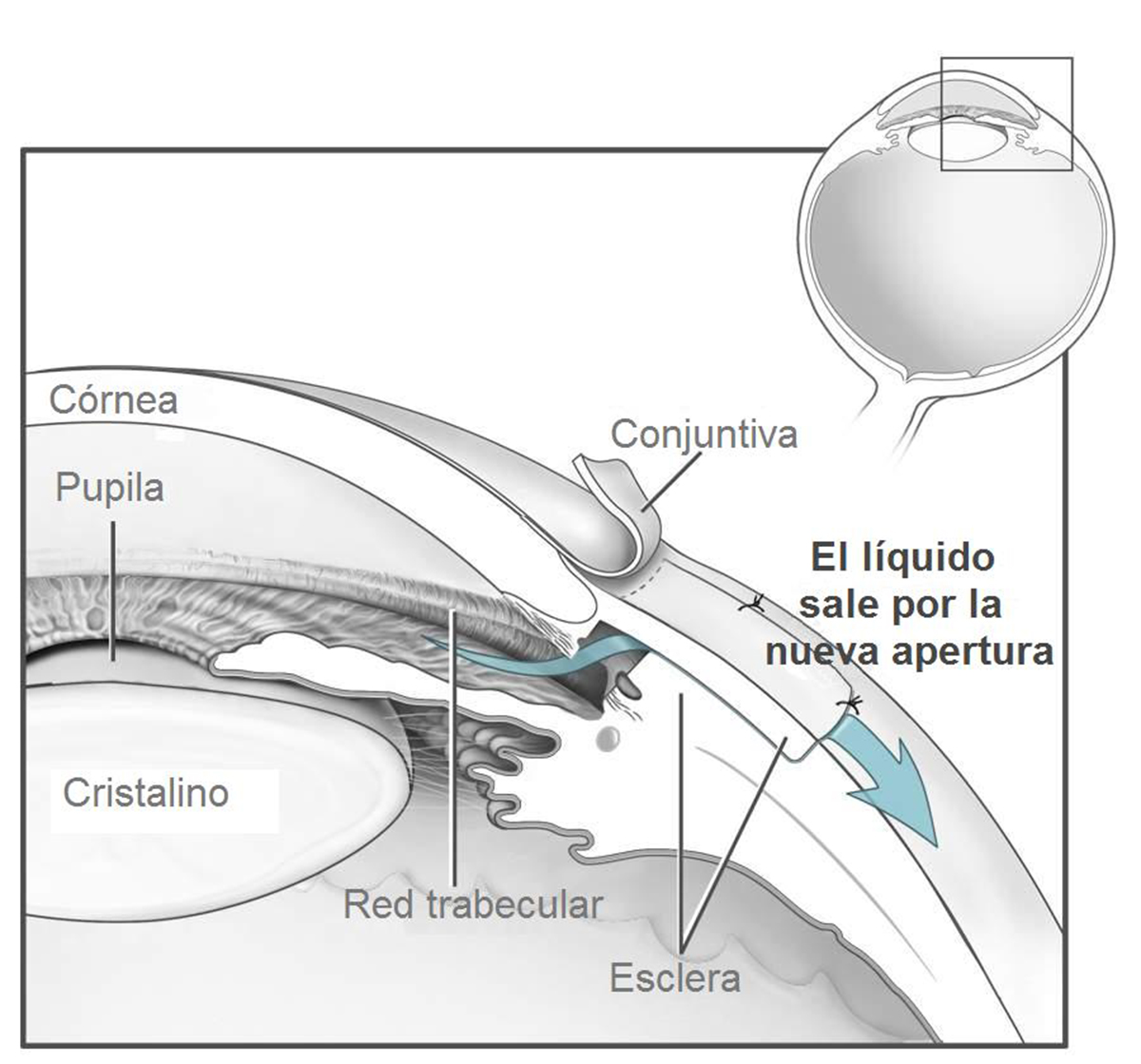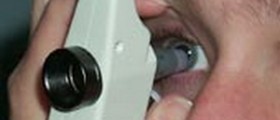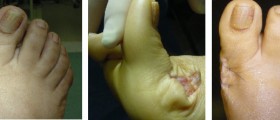
Glaucoma is a term used for a group of eye conditions that all together cause damage to the optic nerve due to an increase in intraocular pressure. It requires proper treatment since damage can be quite severe and patients may end up with complete vision loss.
Glaucoma can be divided into open angle glaucoma and closed glaucoma. The condition can also be congenital or acquired. Glaucoma is treated conservatively with certain medications and in severe forms the person must undergo surgery. There are two types of surgery for glaucoma, laser surgery and conventional filtering microsurgery.
Recovery after Laser Glaucoma Surgery
This type of surgery helps with reduction of intraocular pressure by enhancing eye's draining capabilities. Laser glaucoma surgery is generally recommended to patients who do not suffer from serious elevation of intraocular pressure and those whose optic nerve is not severely damaged.
After the surgery patients are advised to abstain from lifting heavy objects and straining of any kind. Furthermore, they should not bend for at least a couple of weeks. Many of them may return to daily activities soon after they have been operated. Patient go for several more checkups. This way the doctor has suitable insight in the process of healing and recovery and may timely deal with potential complications. Risks associated with this surgery predominantly include temporary increase or drop in intraocular pressure and some patients may develop cataract after laser glaucoma surgery.
Laser glaucoma surgery is highly effective, the recovery time does not last longer that a few days and symptoms of the condition soon improve. Recovery after Conventional Glaucoma Surgery
Conventional glaucoma surgery is a treatment option for all patients suffering from quite high intraocular pressure as well as those with severe damage to the optic nerve. Conventional glaucoma surgery is also performed on patients in whom laser surgery did not bring any relief. The recovery in this case may be accompanied by slight pain or discomfort and it generally lasts longer comparing to laser glaucoma surgery.
Recovery time after conventional glaucoma surgery usually does not last longer than 3-4 weeks. In rare occasions it may linger up to several months. Patients are advised not to engage in any kind of strenuous activity until the operated eye completely heals. All patients have regular checkups.
Conventional glaucoma surgery carries more risk comparing to laser glaucoma surgery. Potential complications include bleeding, pain and discomfort after the surgery and infections. Some patients have to deal with intensive pain. Drastic change in intraocular pressure may cause serious complications and failure to reduce intraocular pressure inevitably leads to permanent vision loss.

















Your thoughts on this
Loading...